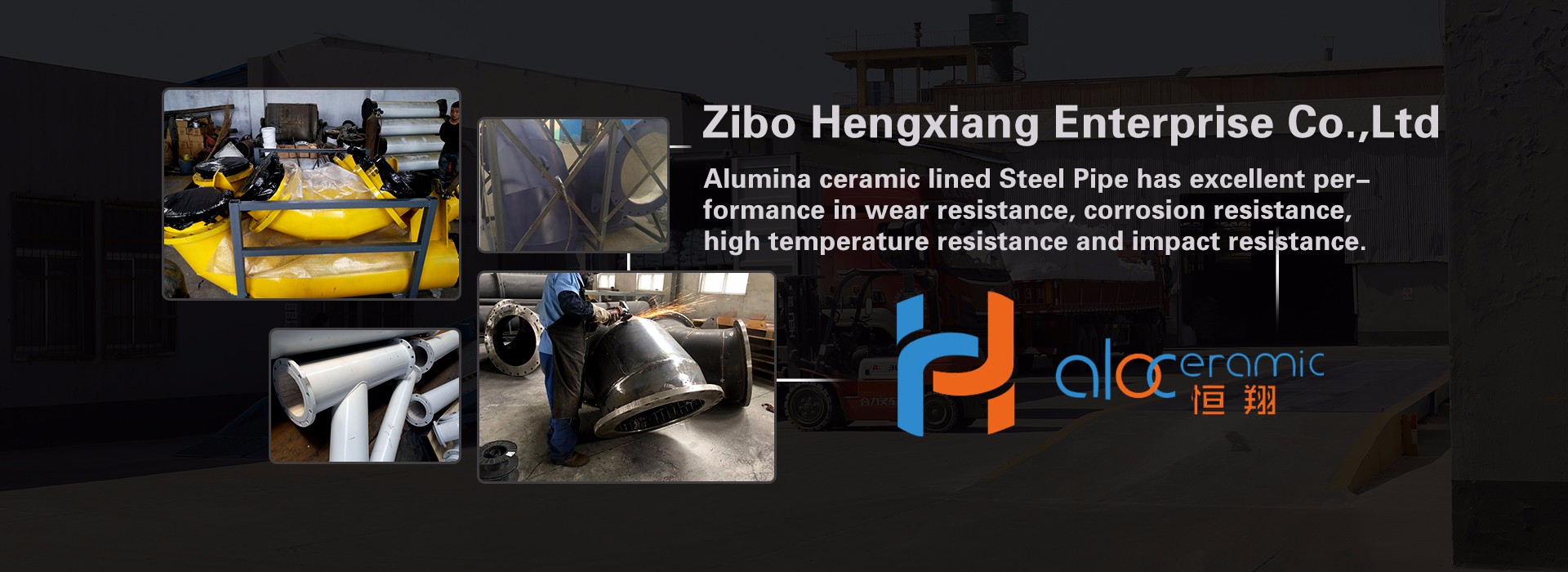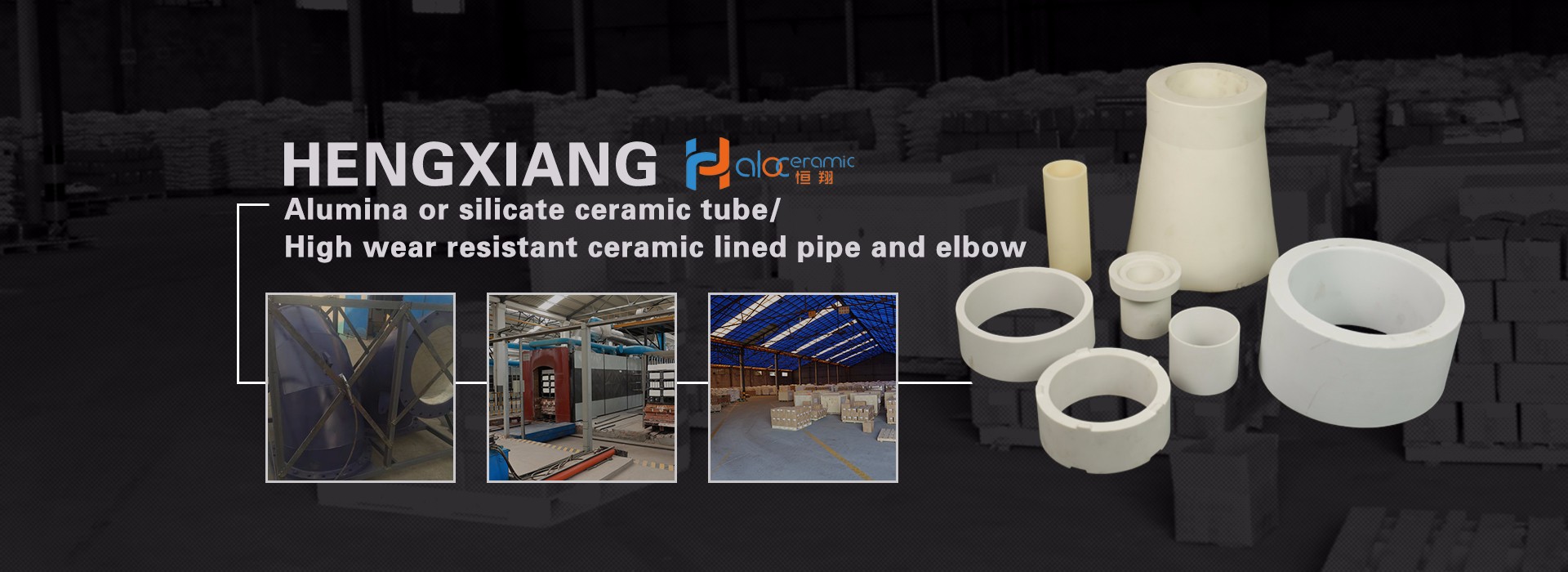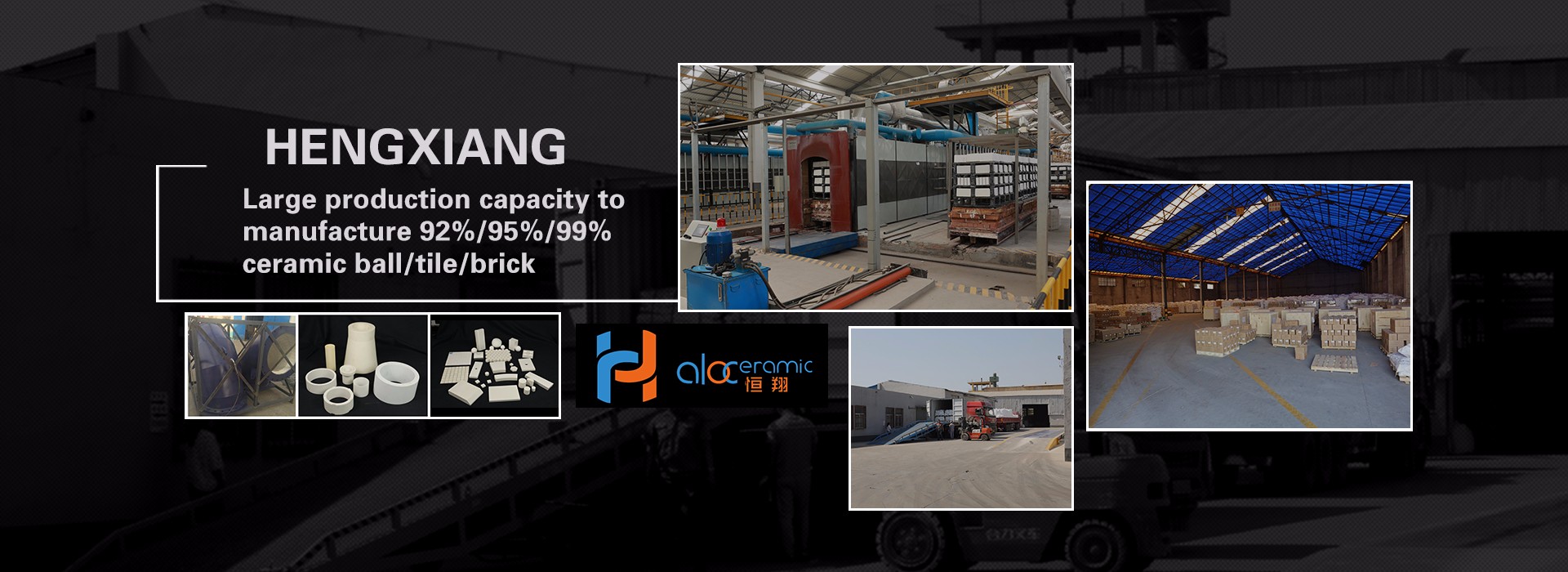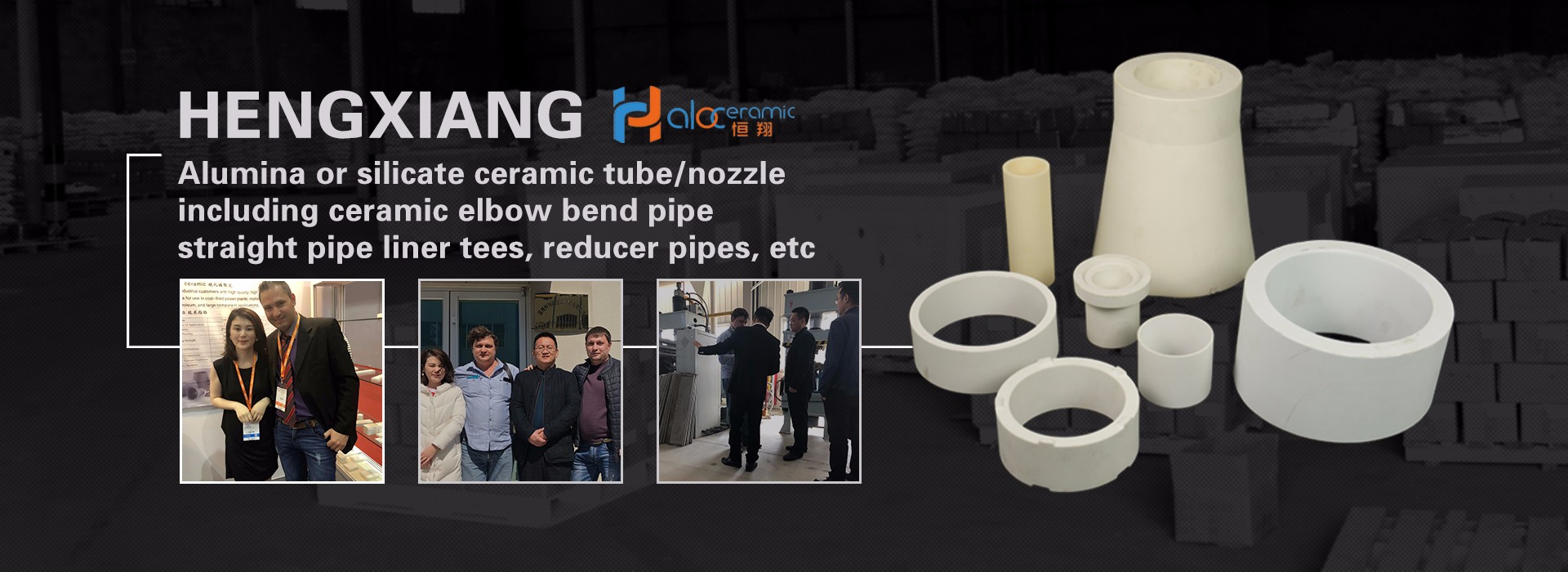Ceramic balls are divided into packing ceramic balls and grinding ceramic balls.

Packing ceramic balls are widely used in petroleum, chemical, fertilizer, natural gas and environmental protection industries, as a support material for the catalyst in the reactor and tower packing. The main role is to increase the gas or liquid distribution point, support and protect the active catalyst with low strength. According to the content of inert alumina ceramic ball AL2O3, packing ceramic balls are divided into: ordinary ceramic ball, inert alumina ceramic ball, medium aluminum ceramic ball, high aluminum ceramic ball, 99 high aluminum ceramic ball, convex and concave groove open hole ceramic ball, active ceramic ball, open hole ceramic ball, microporous ceramic ball, heat storage ceramic ball.
The inert ceramic ball has the characteristics of high temperature and high pressure resistance, low water absorption and stable chemical properties. Widely used in petroleum, chemical, fertilizer, natural gas and environmental protection industries, as a support material for the catalyst in the reactor and tower packing.
The convex and concave ceramic ball is a new product developed on the basis of the open hole ceramic ball. It can be widely used in petroleum, chemical and natural gas industries.
The active ceramic ball is made by adding a small amount of transition metal oxide to the inert ceramic ball. The active ceramic ball not only has the characteristics of high temperature resistance, high pressure and high mechanical strength of the inert ceramic ball, but also functions as filtration, dispersing vapor-liquid cover, supporting the catalyst, and has certain catalytic activity, which is in the olefin saturation and denitrification.
The heat storage ceramic ball has the characteristics of smooth surface, corrosion resistance, high strength and good heat storage performance, and is a special filler for the air separation heat accumulator.
The grinding ceramic ball is an abrasive body used for a fine pulverizing apparatus such as a ball mill, a pot mill, or a vibration mill. Grinding ceramic balls have the advantages of high hardness, large bulk density, corrosion resistance, etc. Their pulverization efficiency and wear resistance are much better than ordinary ball stones or natural pebbles, and are widely used in ceramics, glass, enamel, pigments, chemicals and other industries. According to the content of AL2O3, the grinding ceramic balls are divided into silicon carbide abrasive ceramic balls, microcrystalline alumina grinding ceramic balls, and high alumina ground ceramic balls.




